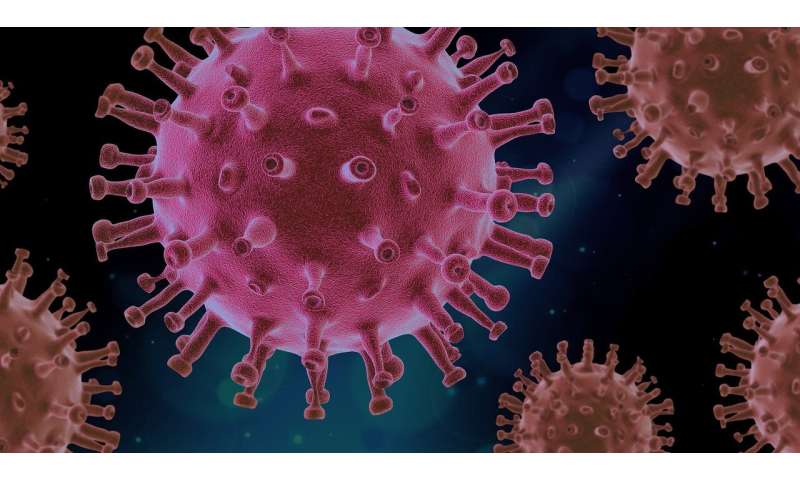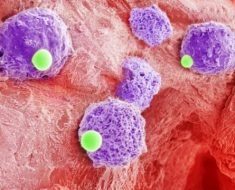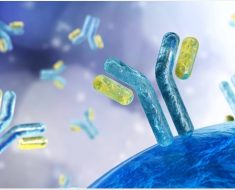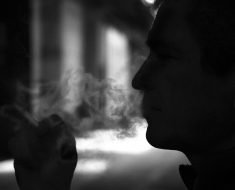
COVID-19 is a global issue. The disease is in every country and nearly every city. That’s why health experts do not recommend any nonessential travel at this time. The Centers for Disease Control and Prevention (CDC) says crowded travel settings, like airports, may increase chances of getting COVID-19 if there are other travelers with COVID-19 infection.
Dr. Abinash Virk, a Mayo Clinic infectious diseases physician, echoes that sentiment and says people should postpone travel if possible. However, if that’s not an option, she says it’s critical to be cautious about your potential exposures.
In this Q&A, Dr. Virk answers travel questions related to COVID-19 travel-related questions and offers some advice on how travelers can better protect themselves and others around them.
Q. What steps should travelers take to protect themselves on an airplane?
A. The most important thing when you are traveling in a plane is to make sure that you are being diligent about hand hygiene, either using alcohol gel if you have it or you’re washing your hands frequently with soap and water, and most importantly, you’re not touching your face after touching other things.
I would definitely sanitize the areas that you can clean with an alcohol or a disinfectant wipe because that could have some particles of spit or something that has the virus in it. There was a recent study that showed that the COVID-19 virus can live on plastic or steel for up to about 72 hours. It would be a good idea to wipe down the tray, the rails, anything else that you may touch.
Q. Should air travelers be concerned about the overhead air?
A. I would wipe (the overhead air knob) down because you’re going to be touching it. But the air itself, I’m not so worried about. The air in planes is interesting in that it goes—it does not go front to back—horizontal in sections, and there are multiple sections in the plane. In a huge plane, you can imagine there are multiple sections. These sections generally are seven rows across, and, so, the air is only circulating in those horizontal areas and is more HEPA (high-efficiency particulate air) filtered than our operating rooms. So that air in the planes should be clean. Obviously, if someone is sitting in that section, the risk of infection is present.
Q. What about public transportation, such as trains and buses?
A. Public transportation right now—if you think of the metros in New York City—some are very sparsely populated. And you still want to keep that 6-foot difference from others if you can—if it is not that populated. But in a bus or a metro with lots of people, you may not be able to keep that 6-foot distance. If you can, that would be the best thing to do, but if you can’t keep that 6-foot difference, then it may be helpful for you to wear a mask, and be really, really diligent about the hand hygiene and not touching your face.
Q. Should travelers bring wipes to sanitize hotel rooms?
A. Even before COVID-19 happened, I always took Lysol spray and wipes, and I would wipe down the faucets, doorknob, and the TV remote, etc. – things that I am definitely going to be touching frequently. Is that going to prevent me from picking up something? Maybe not, but it may help. The only way I’m going to be able to prevent picking up a viral infection is going to be hand hygiene and not touching my face. Even if I touch something that may have the virus on it, the virus can not going to go through your intact skin. The only way the virus is going to cause an infection in me after touching something is from me touching my nose, mouth or eyes—what we call our mucous membranes. If you can keep that connection away, you won’t pick up a viral respiratory tract infection.
The bigger risk is, of course, from somebody coughing near you and, you know, in a hotel, you have to maneuver yourself to decrease that risk. For example, if you are getting on the hotel elevators, you can either just stay back and wait until you get an empty elevator or take the stairs.
Q. What should travelers keep in mind when pumping gas?
Source: Read Full Article





